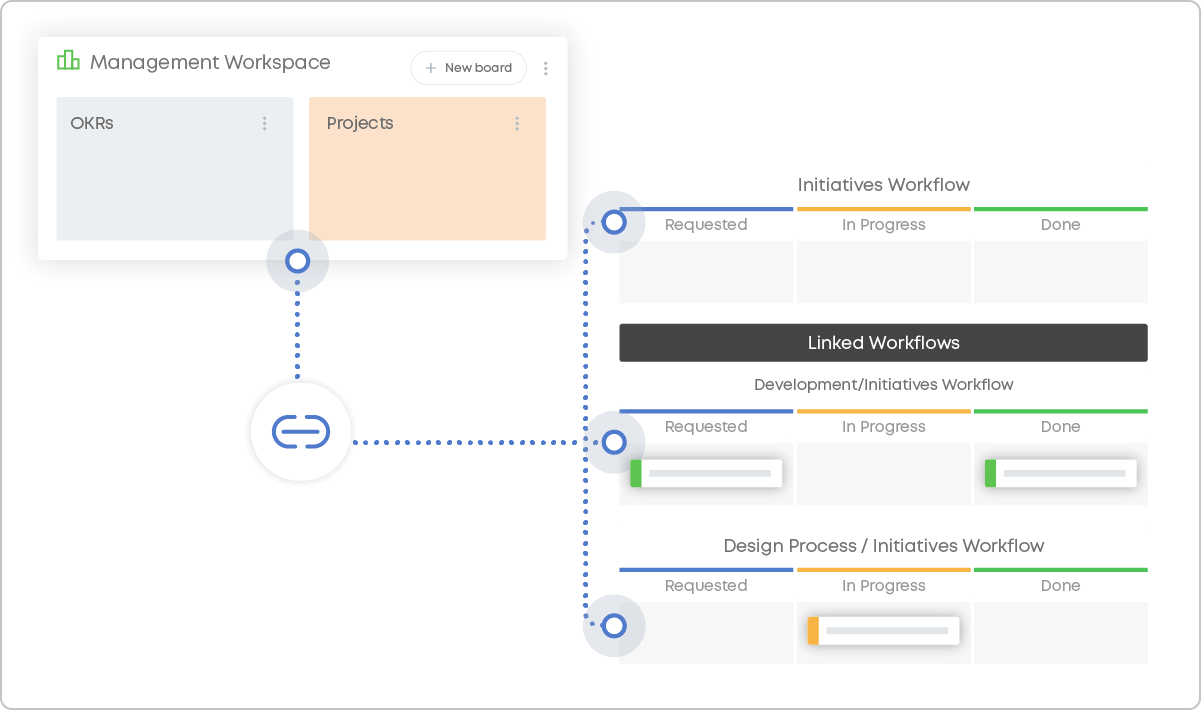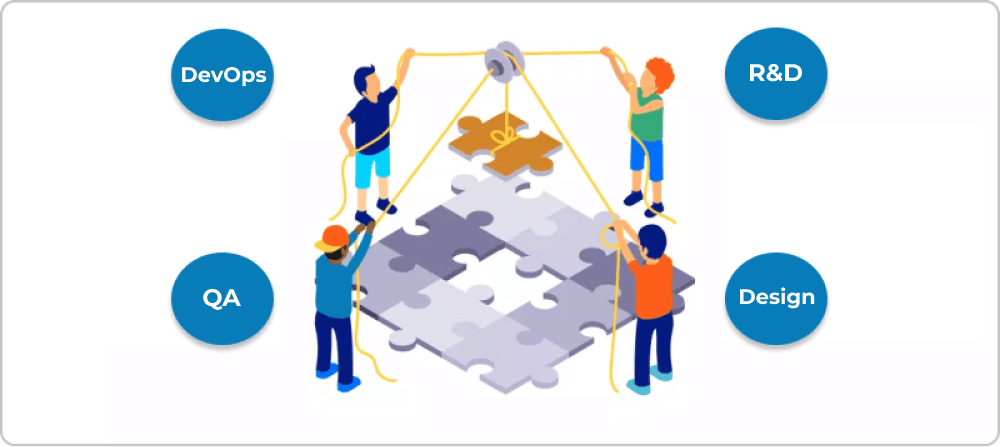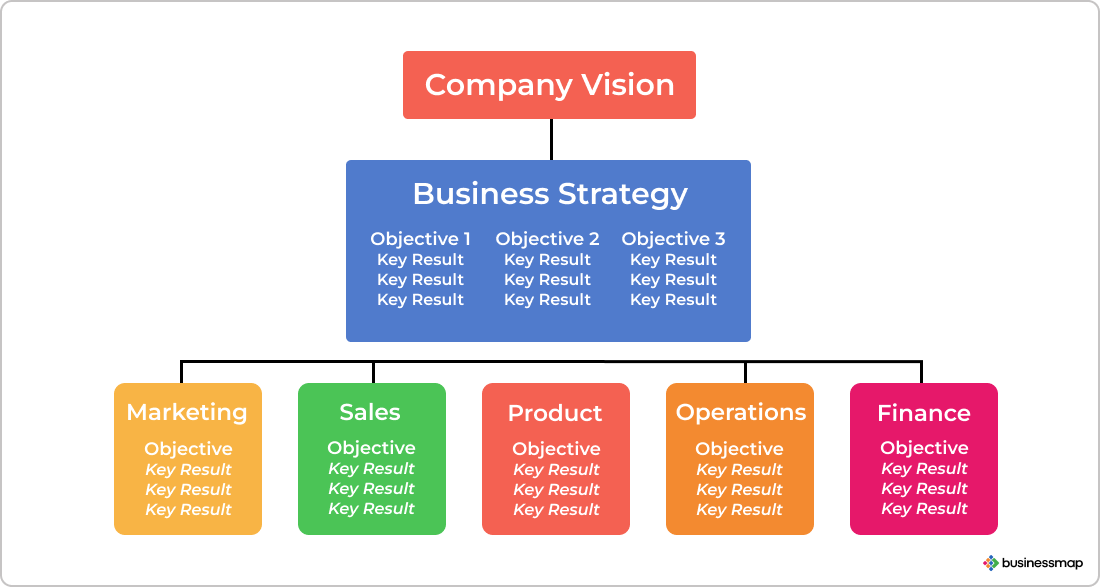As we navigate the ever-evolving landscape of business, it's clear that the role of project managers has transformed significantly. No longer are they seen merely as overseers of tasks; today's project managers are problem-solvers, relationship builders, and changemakers. They are at the heart of realizing our strategic visions, adeptly weaving creativity with essential flexibility.
A research by the Project Management Institute (PMI) across industries revealed that executives recognize a broad spectrum of attributes in successful project managers. These professionals are pivotal in influencing outcomes and fostering connections that drive our organizations forward.
So, what should you be looking for in a project manager as we move into 2026? Join me as we delve into the key skills and competencies that will set apart the exceptional project managers from the good ones.
13 Must-Haves Project Manager Skills and Competencies of 2026
In the fast-evolving professional landscape, project managers will stand out through their interpersonal skills, such as collaborative leadership, effective communication, and problem-solving, as well as their industry knowledge, particularly strategic thinking, and commercial awareness. These competencies are key to leading diverse teams, achieving project success, and ensuring strategic alignment.
Interpersonal Project Manager Skills and Competencies
Interpersonal skills, or power skills, are vital for project managers to effectively lead and manage teams, especially in navigating complex projects and guiding virtual teams. Indeed, PMI indicates that nine out of ten project managers say that power skills help them work smarter. These competencies are foundational for today’s project leaders, enabling them to drive success in a dynamic project environment.
1. Organizational Skills
First and foremost, organizational skills are essential for any project manager who is usually required to manage several projects simultaneously. That's why they need to be able to successfully juggle between competing priorities and support their teams to get things done. This requires a great deal of self-discipline and work organization.
To better organize their work, many project managers use visualization practices. That's why methods such as Kanban are instrumental in helping them put on display what needs to be done, what's currently in progress, where work gets stuck, etc. This can be achieved through flexible kanban boards and project management systems that allow the orchestration of complex or multiple projects simultaneously. As a result, project managers can see emerging priorities, create better plans, and allocate capacity accordingly.

2. Leadership
Leadership refers to the ability to guide, inspire, and motivate a team to achieve project goals. Effective leaders avoid micromanagement, opting instead to establish a shared vision and foster an environment where everyone feels valued and can enhance their skills. Project managers should explore various leadership models, such as Lean shared leadership, transformational, servant, and authentic leadership. Moreover, decision-making should be data-driven rather than based on intuition or hierarchy.
3. Communication
Communication is a vital skill for project managers, encompassing verbal, written, and non-verbal forms to guarantee clarity among stakeholders. It involves continuously sharing the project or product vision and technical specifics within the team to guide work flow and task understanding. Additionally, project managers need to effectively present their ideas to upper management for project approvals and employ communication strategies for resolving conflicts within the team.
4. Collaboration
Collaboration, a critical skill for project managers, involves working closely with team members and stakeholders to meet project goals. This ability to unite diverse groups towards a common objective is a fundamental aspect of a project manager's skillset. In today's hybrid and remote work settings, a crucial skill is a proficiency in technology that enhances collaboration.

5. Empathetic Approach
Taking an empathetic approach as a key project manager skill involves building genuine relationships with all stakeholders by prioritizing human connection over task-oriented interactions. This approach allows project managers to uncover deeper insights and foster stronger collaborations.
6. Creative Problem-Solving
Creative problem-solving is essential in project management, where challenges abound, from team dynamics and external demands to deadlines and budgets. Project managers must investigate the root causes of issues and engage their teams in finding solutions. A proven method is the "5 whys" analysis from Lean methodology, which explores the underlying causes and tests various solutions to prevent future issues. This is just one of many problem-solving strategies that project managers can utilize.
7. Conflict Resolution
Conflict management is a crucial skill for project managers, requiring them to unify their teams under a shared vision while resolving disagreements to maintain harmony. Achieving this demands open-mindedness and active listening, allowing project managers to empathize with team members' perspectives. By understanding the roots of conflicts and mediating effectively, project managers can guide their teams toward consensus. This hands-on approach to resolving disputes reassures team members that their opinions are valued, potentially boosting their motivation and performance.
8. Negotiation
Negotiation, a key skill for project managers, involves reaching agreements beneficial to all parties. Good negotiation skills are crucial for dealing with stakeholders, vendors, and sponsors, requiring diplomacy to find common ground. For instance, when faced with stakeholder demands that could affect project scope and deadlines, a project manager must evaluate the situation and negotiate compromises or alternatives to ensure the best outcome.
Industry Knowledge Project Manager Skills and Competencies
Project managers with business acumen and industry knowledge can effectively navigate broad trends and specific organizational factors, making informed decisions that align projects with the organization's strategic goals and contribute to its success.
9. Understanding of the Business Environment
Understanding the business environment equips project managers with essential insights into market trends, competitive dynamics, and their organization’s business model. This knowledge ensures project alignment with strategic goals, enabling managers to navigate competition and maximize organizational strengths for impactful project outcomes and strategic advantage.
10. Strategic Awareness
Strategic awareness is a vital skill for project managers, focusing on aligning project goals with the broader strategic objectives of the organization. This skill involves understanding the significance of project outcomes and their impact on overall business success. By possessing strategic awareness, project managers can ensure that each project not only meets its immediate objectives but also contributes positively to the long-term vision and goals of the organization, thereby driving meaningful alignment between organizational strategy, culture, and execution.

11. Risk Management Competencies
Risk management skills are essential for project managers to navigate the inherent uncertainties in any project effectively. This competency involves the ability to identify, analyze, and strategically respond to potential risks in a manner that supports both the specific objectives of the project and the overarching goals of the business.
Utilizing tools like the RAID log in traditional settings helps track and manage risks, actions, issues, and decisions. Meanwhile, Agile methodologies employ strategies such as risk-adjusted backlogs and classes of service, prioritizing tasks based on risk potential and customer demand, and categorizing work by urgency to better manage and mitigate risks. Mastering these techniques enables project managers to proactively address risks, ensuring project resilience and success.
12. Customer and Market Insight
Possessing customer and market insights involves a deep understanding of customer needs and market demands, as well as recognizing how these elements shape project objectives and strategies. By staying attuned to the preferences and requirements of customers and being aware of the broader market landscape, project managers can tailor their projects to better meet these needs while also anticipating future trends. This competency not only ensures projects are relevant and responsive to market realities but also positions them for greater success by aligning with the evolving expectations of customers.
13. Financial Literacy
Financial literacy is a critical skill and competency for project managers, emphasizing the ability to understand and apply financial metrics and principles effectively. This includes managing budgets, evaluating the financial viability of projects, and comprehending the financial implications of project decisions. A key aspect of financial literacy is the ability to conduct cost-benefit analyses to assess the worthiness of investments or opportunities in terms of their potential to enhance project performance.
Additionally, maintaining alignment with the approved baseline budget, tracking expenditures, and utilizing the appropriate tools for managing financial transactions such as orders and invoices are essential. This financial acumen enables project managers to ensure fiscal responsibility and contribute to the overall financial success of their projects.
Project Manager Skills and Competencies Trends and Tendencies
As we look toward the future, three prominent project management trends emerge, underscoring the importance of cultivating a versatile and robust skill set to meet the demands of agility, industry knowledge, and strategic implementation.
- Emphasis on Agility and Power Skills
The demand for agility in project management has never been higher. Organizations are increasingly seeking project managers who can adapt to change swiftly and manage processes and projects with a flexible mindset. To meet this demand, building competencies in agile methodologies is crucial. This includes mastering frameworks such as Scrum, Kanban, and Lean. Alongside technical agility, there's a growing recognition of the importance of interpersonal skills, including emotional intelligence, critical thinking, communication, and leadership abilities. These skills enable project managers to lead with empathy, foster a collaborative culture, and navigate the complexities of organizational dynamics effectively.
- Industry-Specific Knowledge and Expertise
As projects become more complex and specialized, having industry-specific knowledge is becoming increasingly valuable. Project managers with a deep understanding of their industry's trends, regulations, and challenges can lead projects more effectively. They can anticipate potential roadblocks and tailor project strategies to align with industry standards and best practices. This expertise allows project managers to communicate more authoritatively with stakeholders, make informed decisions, and ensure that projects deliver value that is both relevant and competitive within their specific market.
- Technical Proficiency and Strategic Execution
Technical capabilities remain a cornerstone of project management competence. A strong grasp of project management tools and technologies is essential for managing resources, timelines, and budgets efficiently. However, more than technical skills is required. The ability to execute strategy through projects is what differentiates truly effective project managers. Project managers must align individual project goals with the organization's broader strategic objectives, ensuring that each project contributes to the mission and success.
Try Businessmap for free
Nikolay Tsonev
Product Marketing | PMI Agile | SAFe Agilist certified
Nick is a seasoned product marketer and subject matter expert at Businessmap, specializing in OKRs, strategy execution, and Lean management. Passionate about continuous improvement, he has authored numerous resources on modern-day management. As a certified PMI practitioner and SAFe Agilist, Nick frequently shares his insights at Lean/Agile conferences and management forums.



